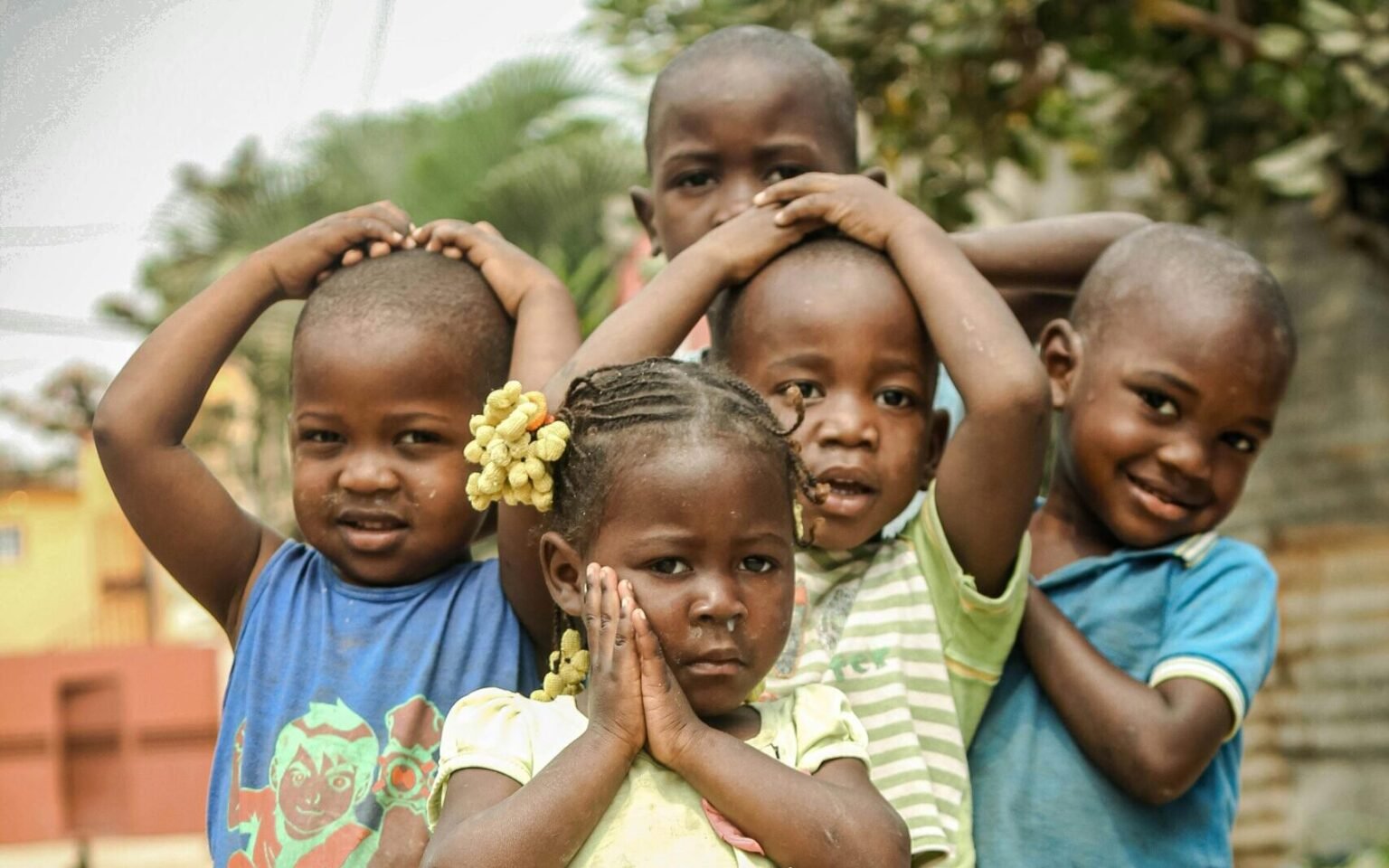The Niger State Government has inaugurated the first round of May/June 2025 Maternal, Newborn and Child Health (MNCHW) week and the National Immunisation Plus Days, targeting two million under five children and 600 women.
Speaking at the inauguration in Minna on Monday, the governor, Umaru Bago, said the campaign is in line with the new Niger Agenda.
Represented by his deputy, Yakubu Garba, Mr Bago said the campaign would help in reducing morbidity and mortality of childhood killer diseases in the state.
He said it further underscores the critical role of nutrition and immunisation in achieving good health and the collective efforts to meet the UN sustainable development goals.
The governor noted that his administration had recognised health and nutrition as the essential foundation for a healthy population and driving sustainable development in the state.

“Good nutrition is crucial for healthier lives, stronger communities and a productive state,” he said.
“Malnutrition among children and women remains a pressing challenge that demands collective action,” he said, pledging the state’s commitment to tackling them.
Mr Bago added that his administration had upgraded primary healthcare centres across the 274 wards, recruited more healthcare professionals and ensured access to care in remote areas.
In his address, Ibrahim Dangana, the Commissioner for Niger Ministry for Primary Healthcare, said MNCHW is a platform to reduce maternal and newborn mortality.
Mr Dangana said free services such as deworming, antenatal care, birth registration, and Long-Lasting Mosquito Nets would be provided.
READ ALSO: Immunisation: Kaduna to introduce MMR vaccines
Also speaking, Aliyu Suleiman, World Health Organisation (WHO) Coordinator in Niger, said WHO is committed to supporting the state in healthcare delivery and commended the state government for its efforts.
A Water and Sanitation Hygiene (WASH) Specialist, UNICEF Kaduna Field Office, Theresa Pamma, said the campaign showed Niger government’s commitment at ensuring the vulnerable were being cared for.
(NAN)
Read the full article here


